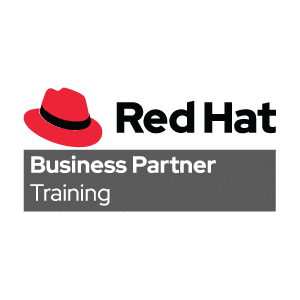Control, manage, trace, monitor, and test your microservices with Red Hat OpenShift Service Mesh
Building Resilient Microservices with Istio and Red Hat OpenShift Service Mesh (DO328) teaches students installation, service monitoring, service management, and service resilience of Red Hat OpenShift® Service Mesh.
Openshift created an enterprise-ready, multi-tenant platform that made deploying and scaling microservice applications efficient and easily repeatable. But as these architectures become larger and more complex, defining how these services interact with each other becomes increasingly difficult. Red Hat OpenShift Service Mesh comprises 3 products—Istio, Jaeger, and Kiali—that facilitate service interaction management, provide service tracing, and create a visual representation of communication pathways.
This course is based on Red Hat OpenShift® Container Platform 4.4 and Red Hat OpenShift Service Mesh 1.1.










